
views
Defining the Goals of the Purchase

Select the kind of service you’d like to offer. There are a wide variety of cafes, each of which has its own style. Some cafes focus on teas and baked goods, others offer sandwiches and lunch options. Many cafes focus on coffee alone. There are even cafes that serve alcohol. The type of cafe you’re interested in owning will determine how you purchase it, where it should be located, the licenses you need, and the profit you’ll bring in. In addition to the services, offered, think about the theme your cafe has. Is it a sleek, modern, minimalist cafe? Or does it have a bright sports-team theme? The style of your cafe will attract different clientele.
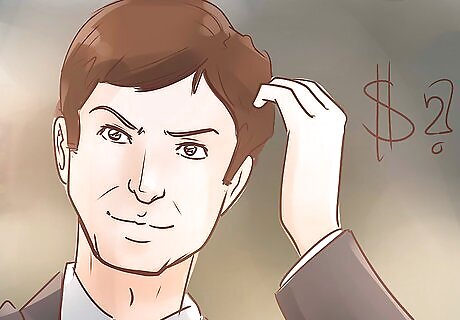
Think about how important profit is. In any business, turning a profit is the ultimate goal. However, you don’t need to be a slave to the profit motive. If owning a cafe is just a longtime goal of yours, don’t let the potential lack of profit stop you from fulfilling your dream. If profit is very important to you, look closely at past financial returns of the cafe you’re going to buy. You might also look at financial data of similarly-sized cafes in the area, if possible. The profit that your cafe will make depends on many things, including location, service quality, and quality of your products.

Consider how close you want to be to the cafe. Making a long commute is annoying. Being close to the cafe will allow you to get there easily, saving you time and money. However, if you can’t find a good location in your immediate vicinity, you’ll have to decide how far you want to go to purchase your cafe. To make a decision, say to yourself, “I don’t want to travel more than __ minutes to get to the cafe.” This will help you eliminate cafes that are outside that range and focus on obtaining one of the cafes within it.
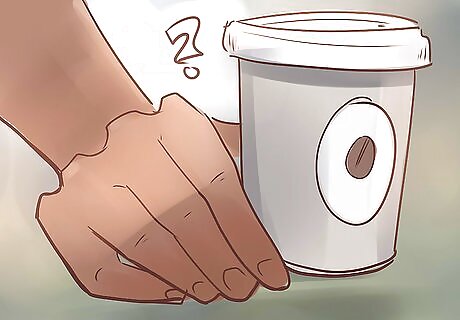
Decide if you want to work at the cafe. Working at a cafe can be hard, grueling work. However, working there will help you get to know the staff and analyze their strengths and weaknesses. You’ll also get a better sense of how workplace processes could be improved or made more smooth. Finally, you’ll be able to meet the customers firsthand to find out what they like and what they dislike about the cafe. A cafe is a customer service-oriented business. If you’re not a people-person, it’s best to hire a manager to take care of the day-to-day operations of the cafe while you stay in the background.
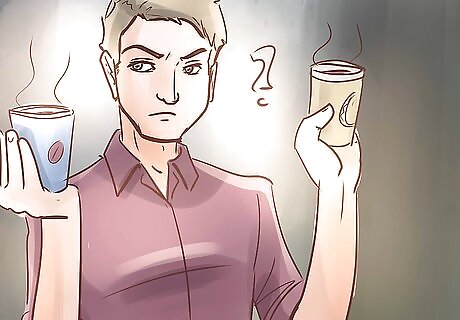
Compare franchises with independent cafes. You can buy a branch of a franchise or buy a standalone cafe. Both will have an existing customer base that you can (hopefully) continue to rely on, but buying a franchise is likely to be more expensive because you’re paying for a more widespread and established brand. The franchise is also likely to provide lots of equipment, training, and advice that will ease your entry into the world of cafe ownership. Of course, a standalone cafe can always branch out into additional locations if you manage the main location well. A standalone cafe might offer more freedom to decide what can and can’t be on the menu, how staff should be dressed, and how hiring decisions should be made.
Identifying a Cafe That Matches Your Needs
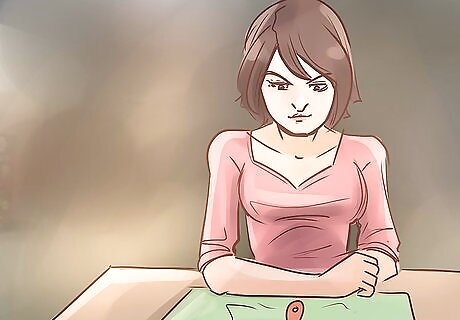
Choose the right location. As in any business, location is key. Your cafe should be in a central, high-traffic area. Ensure the area is free of crime so that customers feel safe visiting you. Finally, the location should be highly visible. Cafes can exist comfortably in malls, shopping centers, downtown areas, business and industrial parks, and many other places. There is no right or wrong location, but you should consider all the above factors when deciding the best location to buy a cafe in. Don’t rush into a location. Scout out a couple spots and take your time.

Visit prospective cafes. Before you buy a café, you’ll want to see it for yourself. Spend some time looking at several cafes for sale in your area before deciding on the one you want to buy. Look at the interior and exterior. Is the parking lot crumbling and cracked? Is there enough space both inside and outside the café for customers to feel comfortable? Get a feel for the space and imagine how it could be improved, if necessary.
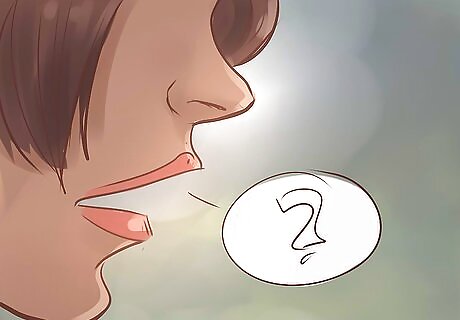
Ask lots of questions. Learn as much as possible about buying a cafe before you even begin scouting for locations. Even after you think you’ve double-checked every little detail on the sales contract, go back over all your paperwork, licenses, financial data, and the contractual offer one more time before signing. Ensure that after finalizing the sale you’ll be able to hit the ground running with your new cafe. Try to find free advice. Talk to friends who run their own businesses, especially ones who have owned food service businesses. Connect with cafe owners or former cafe owners online through LinkedIn and other networking sites.
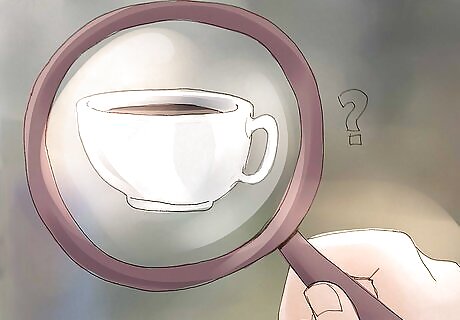
Investigate the competition. Your cafe probably won’t be the only one in town. While it’s usually impossible to find out what a competitor (or future competitor) is going to do, you can investigate local feelings about the competition by reading reviews online. Visit other cafes in the area to get a sense of how the cafe you want to buy stacks up against some of its local competitors. In addition to other cafes, think about check out other places that might be capturing some of your potential cafe customers. Fast-food places (including fast casual joints), small restaurants, and even pubs might be your competition.
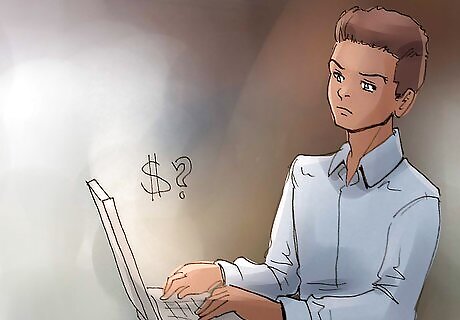
Check financial data. When a cafe or other business is advertised for sale, the ad will usually state the business’ most recent monthly or quarterly revenue. Find a cafe that has respectable earnings when starting your search for a cafe you want to buy. While this initial income statement is useful for narrowing down the list of potential cafes you might want to buy, you’ll need more information before making a purchase. Obtain the last three years’ worth of financial records from the owner and check if the revenue is increasing, decreasing, or staying the same. To obtain this information, you’ll need to sign a confidentiality agreement with the current owner promising not to use the data you obtain for anything other than making a decision to purchase the cafe. If the revenue is increasing or staying the same, you’ve got a good business on your hands. If the revenue is slowly decreasing over time, however, you might want to wait to get into the cafe market, or find another cafe to buy. Or, if you like taking a challenge, buy the business, but prepare for an uphill battle as you institute changes to the cafe that can turn it around.
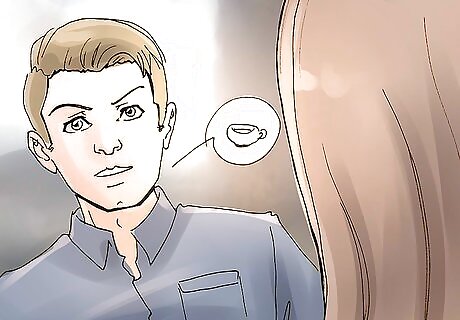
Speak to the customers. In addition to the raw financial data, talk to the customers of any cafe you’re thinking of buying. Find out whether they like the place, if they think it’s gotten better or worse lately, and if they’d recommend it to their friends. This will help you gauge whether a place is popular. Ask the customers to compare the cafe to some of its local competitors. Do they prefer the competition or the place you’re interested in buying? Use and continue these conversations with customers after buying the cafe. Customer feedback is invaluable in helping you decide what aspects of the cafe should change and which should stay the same.
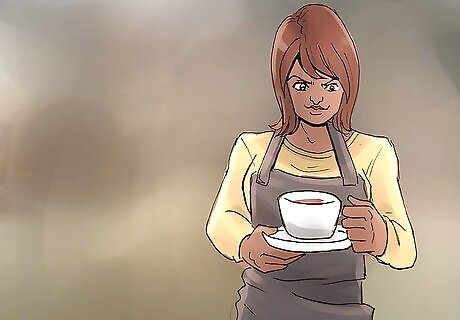
Evaluate the staff. If you’re given access to the cafe, talk to the staff in both public and private. Get a feel for how competent and motivated they are. Ask them directly if they’d be interested in staying on if you bought the place. If you think they’d stay after you bought the cafe, that’s a big plus. Factor this information into your decision to buy the place or not. Cafes often have high turnover rates. Eventually, you’ll have to hire new staff and have a protocol in place for doing so. However, when buying a cafe, if you can retain staff that’s already trained, you have one less thing to worry about doing when you actually make the purchase.
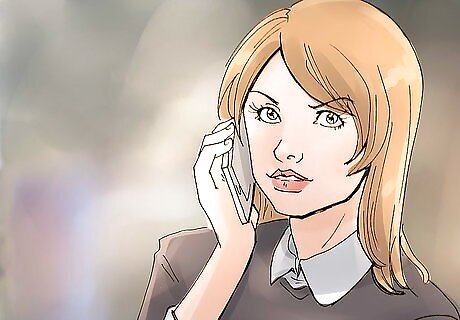
Talk to suppliers. Does the cafe pay its bills on time? Are there irregularities in how often it ships new products? A cafe that cannot pay its bills regularly is probably in financial trouble.
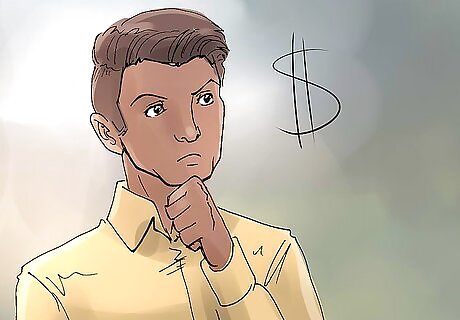
Think about ongoing expenses. While rent is an obvious ongoing expense, you might also have to pay for electricity, air conditioning, heating, and trash pickup. In addition, cafes need to receive continuous shipments of coffee, tea, flour, sugar, and other baking essentials. Be sure to include these costs when calculating the effort and expense that your cafe will be over the long-term. You might also offer bottled beverages and other products that will need to be replenished frequently. Communication services -- wi-fi and phone -- are also important. To ease yourself into cafe ownership, keep most services that the prior owner used, at least when you start out. Look into changing services or upgrading to better products as you get a handle on what’s working and what’s not working I the cafe.
Making the Purchase
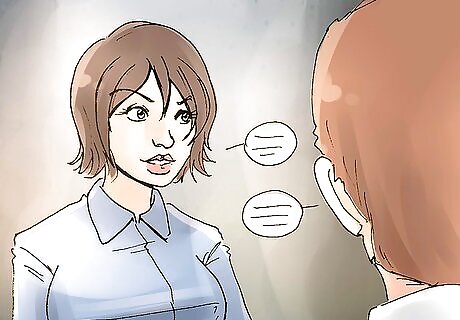
Talk to the owner and/or landlord. If the café is owned by someone who owns the actual building where the café is located, the whole purchasing process will be much easier because you’ll only have to deal with one person. If, on the other hand, the café owner is renting a space from a commercial landlord, you’ll be in a slightly trickier spot because you will have to keep two people informed about what you want, and you’ll have to make sure all three of you are on the same page every step of the way. Express to both the landlord and café owner your interest in purchasing the café. While you technically only need to talk to the café owner to buy a café, the landlord controls the space where the café is, and can kill your business if you don’t keep him or her happy. Maintain a polite, friendly tone when conversing with the landlord and owner. Don’t delegate the task of keeping the landlord in the loop to the café owner or anyone else. Get the landlord’s contact information and stay in touch with him or her. You should be getting to know them now, since you’ll want to build a good working relationship with them. If the cafe owner is just renting commercial space, you’ll probably have to take on the remainder of the café owner’s lease when you buy the café. For instance, if the café owner has a 15-year lease, and they’ve been in the space for 10 years, you’ll be expected to take on a 5-year lease when you finalize the café purchase.
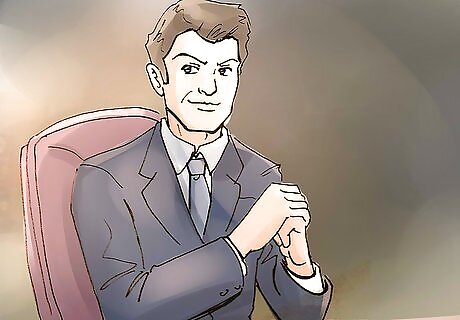
Talk to a lawyer. Before you sign any documents, talk to a business lawyer, preferably one who has dealt with cafe sales before. Your lawyer will be able to provide you with guidance about how to best go about obtaining a cafe and offer direction as to what paperwork you need. A business lawyer will help you avoid pitfalls and make your purchase as painless as possible.
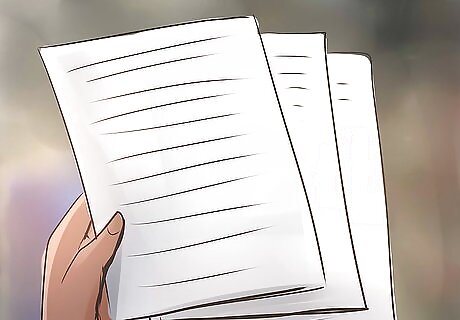
Check the paperwork. Before buying a cafe, you’ll need to ensure that it conforms to all current zoning, environmental, and food safety rules. These laws vary from state to state, and can even vary by municipality within a state. Check with your local zoning department or county planning commission for more information. You should also contact your local health department to find out if they need to conduct an inspection prior to you obtaining the business. The U.S. Small Business Administration offers a list of common licenses and paperwork small businesses need -- according to state -- at https://www.sba.gov/starting-business/business-licenses-permits/state-licenses-permits. Ensure the seller provides any tax documents that were promised. Insist that the seller provides evidence that the business is in good standing. A letter from the Better Business Bureau or similar organization should be sufficient. If you’re buying both the right to operate the business and the actual cafe space, keep after your realtor. They’re often juggling multiple clients at once and if they are under the impression that you’re in no rush to finalize the purchase, you’ll end up on the back burner. Keep your landlord or realtor in the loop at all times.
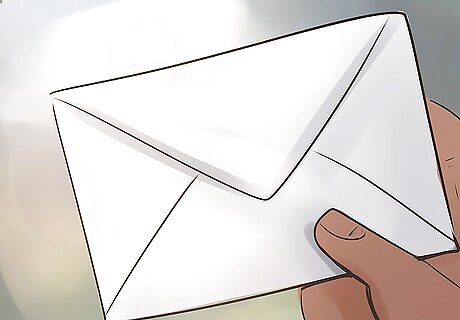
Submit a letter of intent. A letter of intent is like a pre-contract. It is a non-binding document that basically lays out the terms and conditions under which you want to buy the café, including the sale price, lease agreements, and other relevant provisions. The letter of intent will show you’re a serious buyer and are ready to move forward with the purchase. Both the café owner and landlord should receive and acknowledge the letter of intent. Get help from a lawyer or business person familiar with business documentation to draft a letter of intent for you.
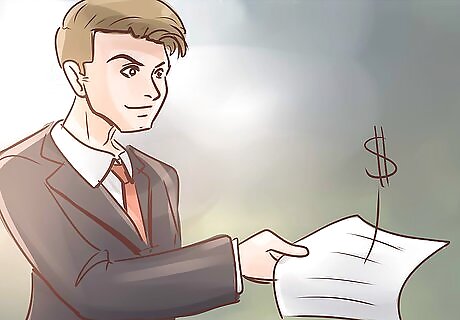
Get a bill of sale. The bill of sale is the document that proves the previous owner sold the business to you. The bill of sale should list the specific equipment, fixtures, vehicles, and appliances that are staying with you when the sale is finalized, and which are not. Insist on keeping as many essential appliances and fixtures as possible. Without the bill of sale, you have no legal recourse to prove that you’ve purchased the cafe. Adjust the sale price to the adjusted purchase price. This is the pro-rated final purchase price that incorporates any taxes, utilities, or other bills the previous owner has incurred but hasn’t paid for. It should result in a slight decrease in the final sale price for you.
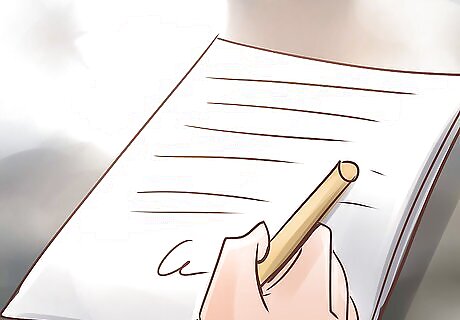
Have the prior owner sign a non-compete agreement. A non-compete agreement (or “covenant not to compete”) states that the previous owner won’t open up another cafe nearby. If he or she does that, they might lure the customers who were faithful to your cafe away to their new business.
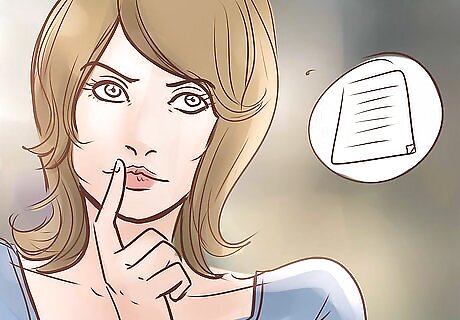
Don’t cancel the lease. Canceling the lease and drawing up a new one will cost you. Usually there will be a penalty for ending the lease early, even if you intend to stay in the same space but want to renegotiate the lease terms or get lower monthly payments. Instead of canceling the lease, wait it out. Most commercial leases last 10-15 years.



















Comments
0 comment